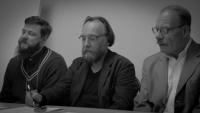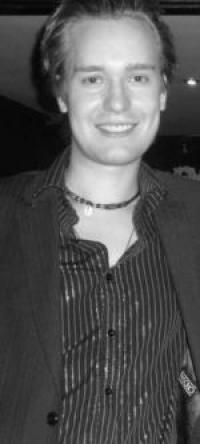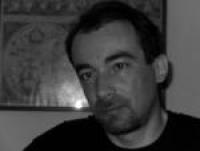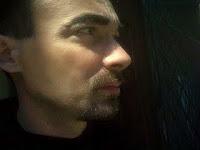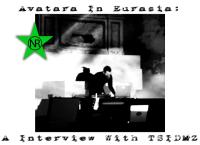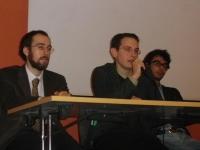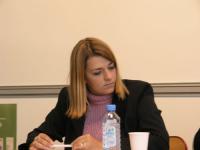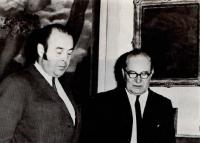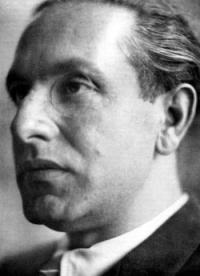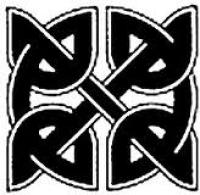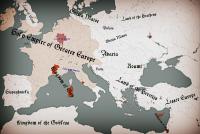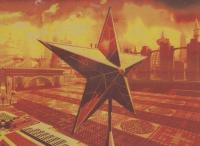The struggle between Europe and West
The struggle between the "two Europes" - I would say: between Europe and West - is a struggle for life or death, because the final instauration of liberal totalitarism, with the monsters created by its atheistic anthropology, by its cult of profit, by its technological prometheism, would mean to sink to the bottom of a subhuman barbarity which never existed in the world history. I don't know if Europe will find in itself the necessary energies to invert the liberal trend, nor we can see the "help from East” hypothized by René Guénon, so that I am tempted to repeat that "only a god can save us". In every case, "good Europeans" must do their duty and continue to struggle, never mind the chances of victory.

